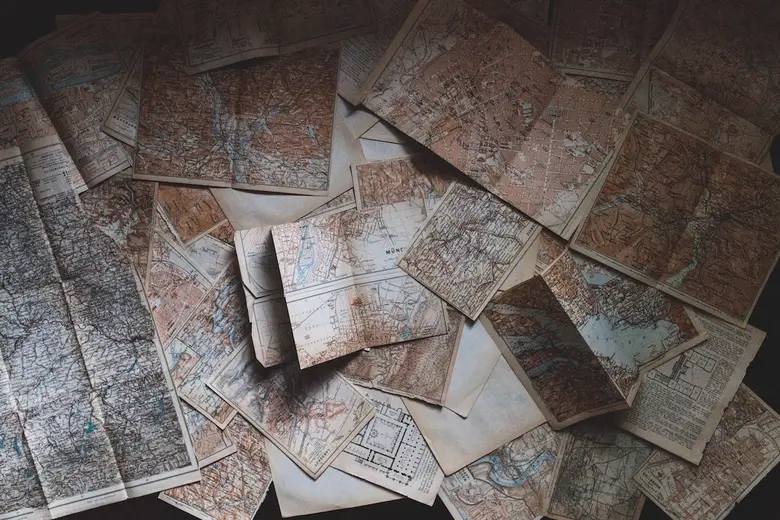What to Know about the AP World History: Modern Exam

Here's a fun "history" fact for those of you considering taking the AP World History exam to add some rigor to your high school record, or to further explore a subject you already love. As of 2020, the test, now called the AP World History: Modern exam, only covers material from 1200 C.E. onward. You're no longer going to be tested on the over 11,000 years of earlier history that the exam once included. To help you get even more of an edge on the new test, here's a breakdown of the sections of the exam, as well as some advice to help you out along the way.
Multiple-Choice
You're given 55 minutes to complete the 55 questions in the multiple-choice section. Your results will account for 40 percent of your total exam score. The test makers' goal here is to assess your ability to analyze historical texts, interpretations and evidence. Questions in this section are grouped into sets of three or four related questions that share primary or secondary documents, images, graphs and maps. The majority of the questions will be pretty straightforward once the context of the source is understood. However, there are two major tricks you may encounter:
- First, you may see questions that ask you to identify that the answer that is not true. The best strategy here is to mark each answer choice as "true" or "false," and to then pick the "odd one out." Doing so will help keep you from forgetting that you're looking for the false answer.
- Second, you may be asked to interpret an illustration (often a map or other type of graphic). These questions are usually pretty basic, so my advice is to stick to what is presented in the graphic. Don't try to read too much between the lines. To save time, read the question first, and then go to the graphic so you know exactly what you're looking for.
Short Answer
There are four short-answer questions in the second section of the test, but you only have to answer three of them. The first two (required) questions cover the entire time period covered by the course; questions three and four give you a choice between a question about the years 1200 through 1750 (question 3) or from 1750 to 2001 (question 4). You'll have 40 minutes to answer questions 1, 2, and your choice of 3 or 4, and your score here will account for 20 percent of your overall exam score.
The goal of this section is to assess your ability to analyze historians' interpretations, historical sources and propositions about history. Some questions will include texts, images, graphs or maps for you to use in your answer. You'll be given a page to write each answer, but it is not necessary to use all of that space — quality matters more than quantity.
Essays
In the final section of the AP World History: Modern exam, you'll tackle not just one but two essays. The good news is that they're not all that different from each other. Each will ask you to build an argument that's supported by an analysis of historical evidence; the difference is that one essay will provide you with documents that you'll use to build that argument while the other will expect you to supply the necessary information from your own memory.
The first is called the document-based question and it accounts for 25 percent of your exam score. You'll be given seven documents that offer various perspectives on a historical development or process, and you'll have one hour to formulate your argument using them. Do note that this one-hour period includes a 15-minute reading period as well, which I always recommend taking advantage of in order to wrap your head around all of the content. The second essay will occupy the final 40 minutes of the exam period, and it will also make up the last 15 percent of your total score.
With a firm understanding of the exam, you'll be well on your way to scoring how you want to on the AP World History: Modern Exam. For added strategy and a thorough content review, check out our prep book for this exam. Plus, head over to our YouTube channel for additional content covering topics such as overcoming test anxiety and what to do the day before a big test.
Share Your Thoughts
We'd love to hear your thoughts on this topic. Check out our forum to contribute to the conversation!
